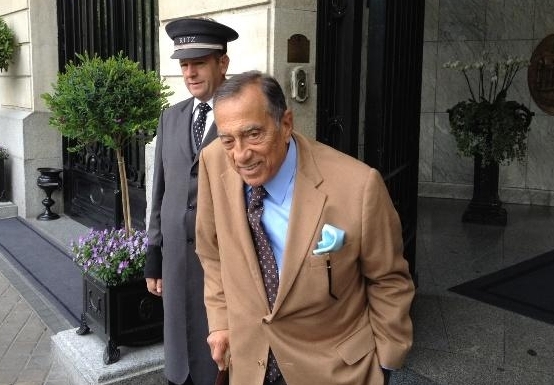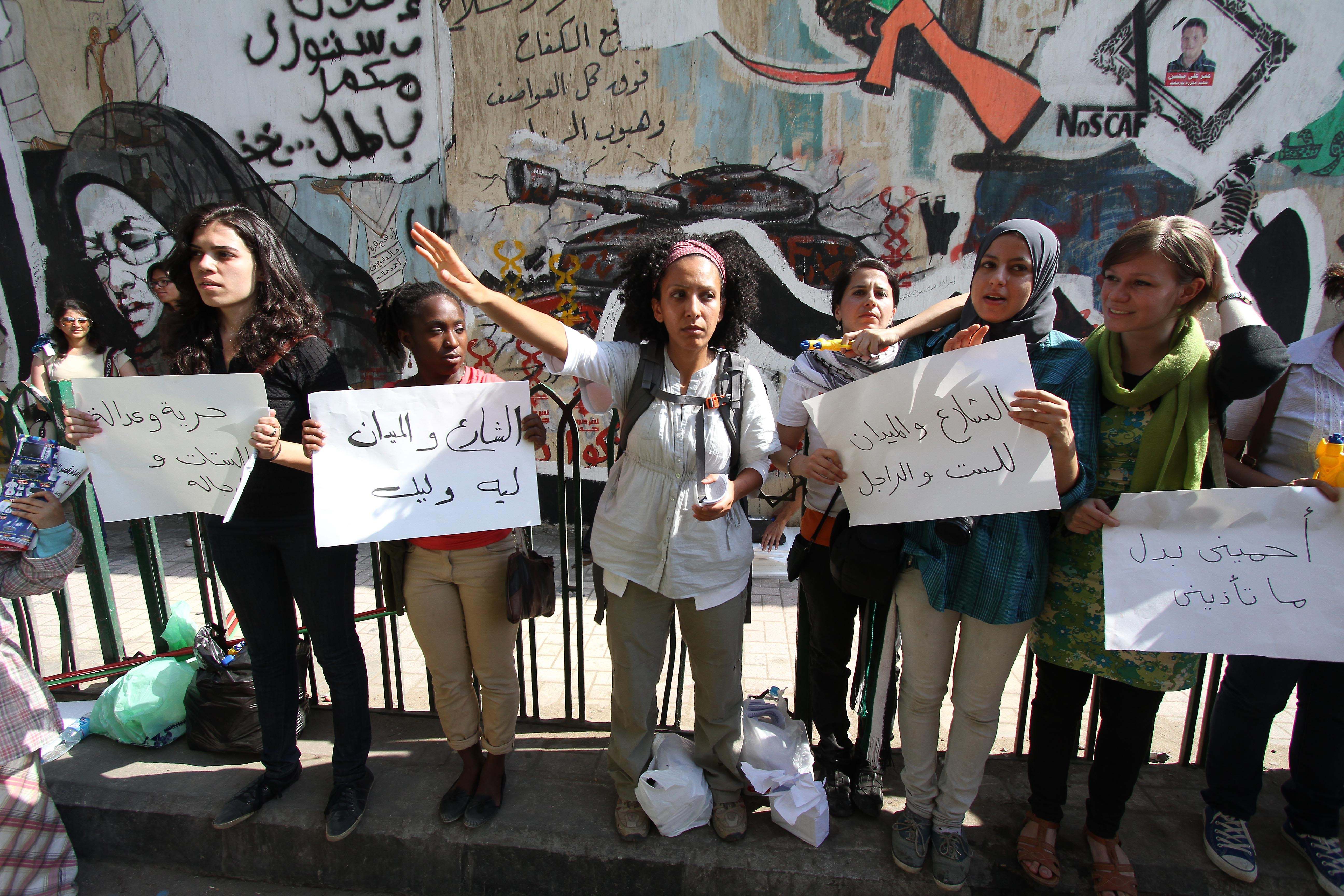CAIRO: Washington s top nuclear negotiator held talks in Cairo Monday as part of U.S. efforts to harmonize positions on the response to give to Iran s fast-advancing nuclear program. Working with Egypt is critical to our success, said Gregory Schulte, the chief U.S. representative at the International Atomic Energy Agency, after a meeting with Foreign Minister Ahmed Abul-Gheit. Both of our countries share serious concerns about Iran s nuclear ambitions, Schulte told reporters as the clock ticked down to a crunch UN deadline for Tehran to suspend its sensitive atomic work. World powers have demanded Tehran freeze its uranium enrichment and reprocessing activities but Tehran has refused and the United Nations was expected to use an August 31 meeting to decide on sanctions. If it s apparent that Iran is not serious about negotiating, if it becomes apparent that they re not serious about suspending their uranium enrichment capabilities then the Security Council will have to act to undertake sanctions, Schulte said. Iran s deputy foreign minister, Mohammad Reza Baqiri, was also in Cairo Monday for talks with Arab League Secretary General Amr Moussa. Baqiri had met on Sunday with Abul-Gheit, who called for a dialogue in a bid to break the deadlock over Iran s nuclear program. Egypt, a key broker in the Middle East, has backed U.S. calls for Iran to halt its nuclear program but has insisted all diplomatic channels should be explored to solve the crisis. We should handle the Iranian nuclear issue with the utmost care over the coming period, Abul-Gheit told reporters after meeting the U.S. official. The people in the region are not ready to experience more wars and armed conflicts. Therefore, we should deploy maximum efforts to solve this crisis peacefully, he added. He also reiterated Egypt s position that the international community should treat Israel on a par with Iran and address the issue of the Jewish state s alleged nuclear weapons. We share the vision of President (Hosni) Mubarak of a Middle East that s free of weapons of mass destruction, where you don t have nuclear weapons, Schulte replied. The greatest threat to that vision right now is the pursuit by the Iranian leadership of nuclear weapons and also the opposition that they ve shown to the peace process in the region, he added. The United States accuses Iran of using its nuclear program as cover for a weapons drive, a charge vehemently denied by Tehran which maintains it is solely to provide civilian energy. Uranium enrichment is not necessary for a civil nuclear program and it is, we believe, part of a military program. We re worried that they re working to master the technology to build nuclear weapons, Schulte explained.

